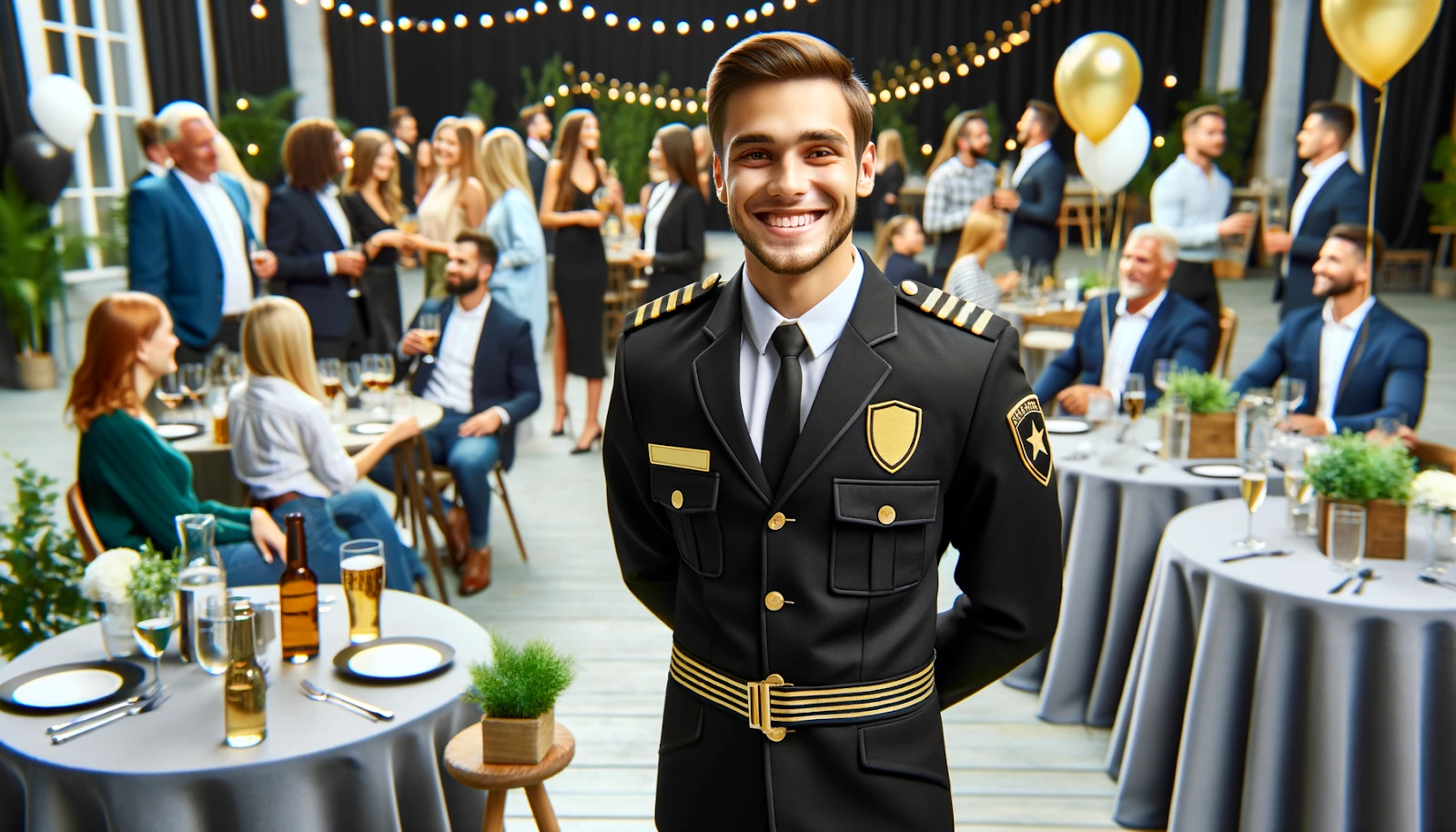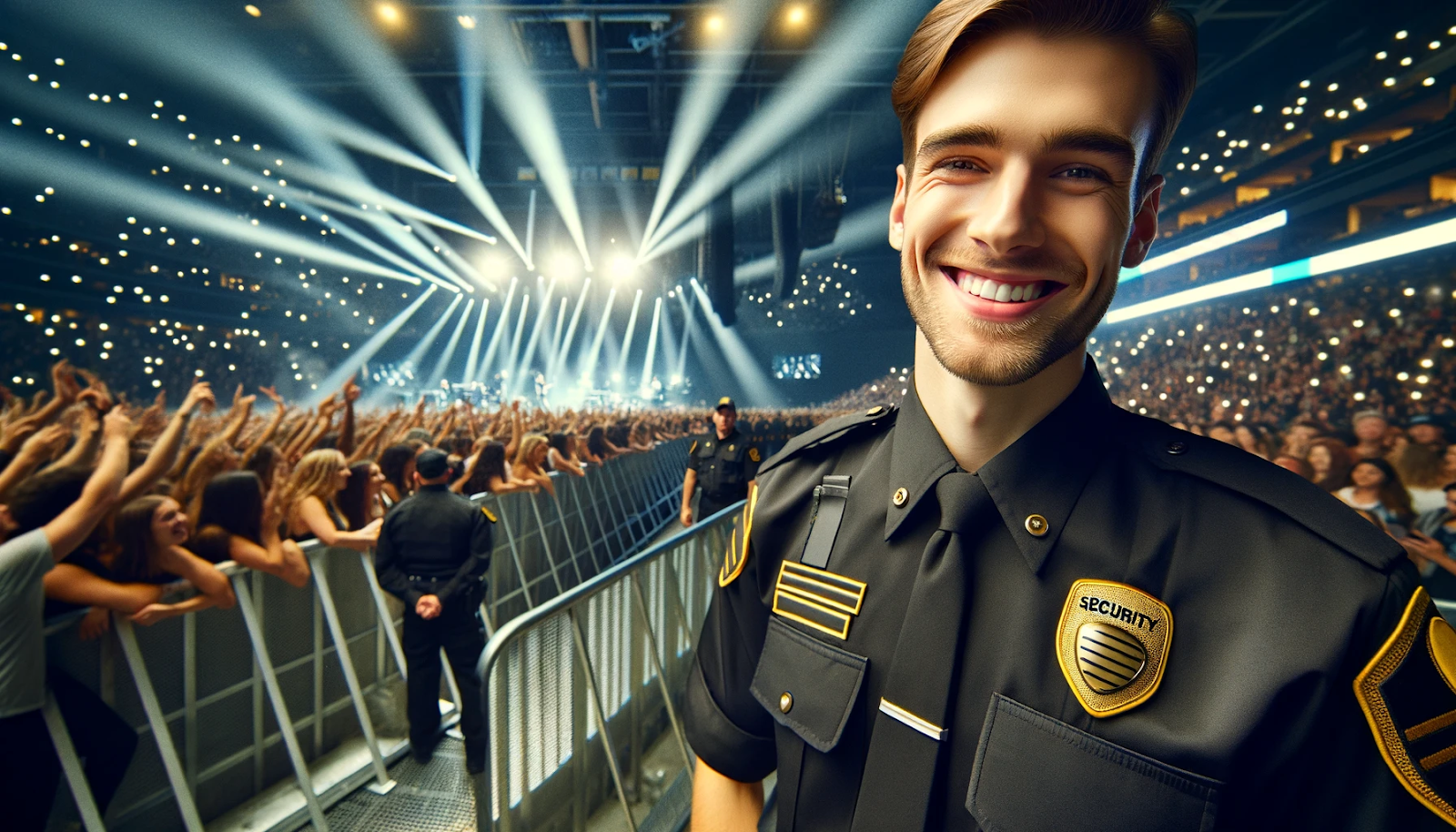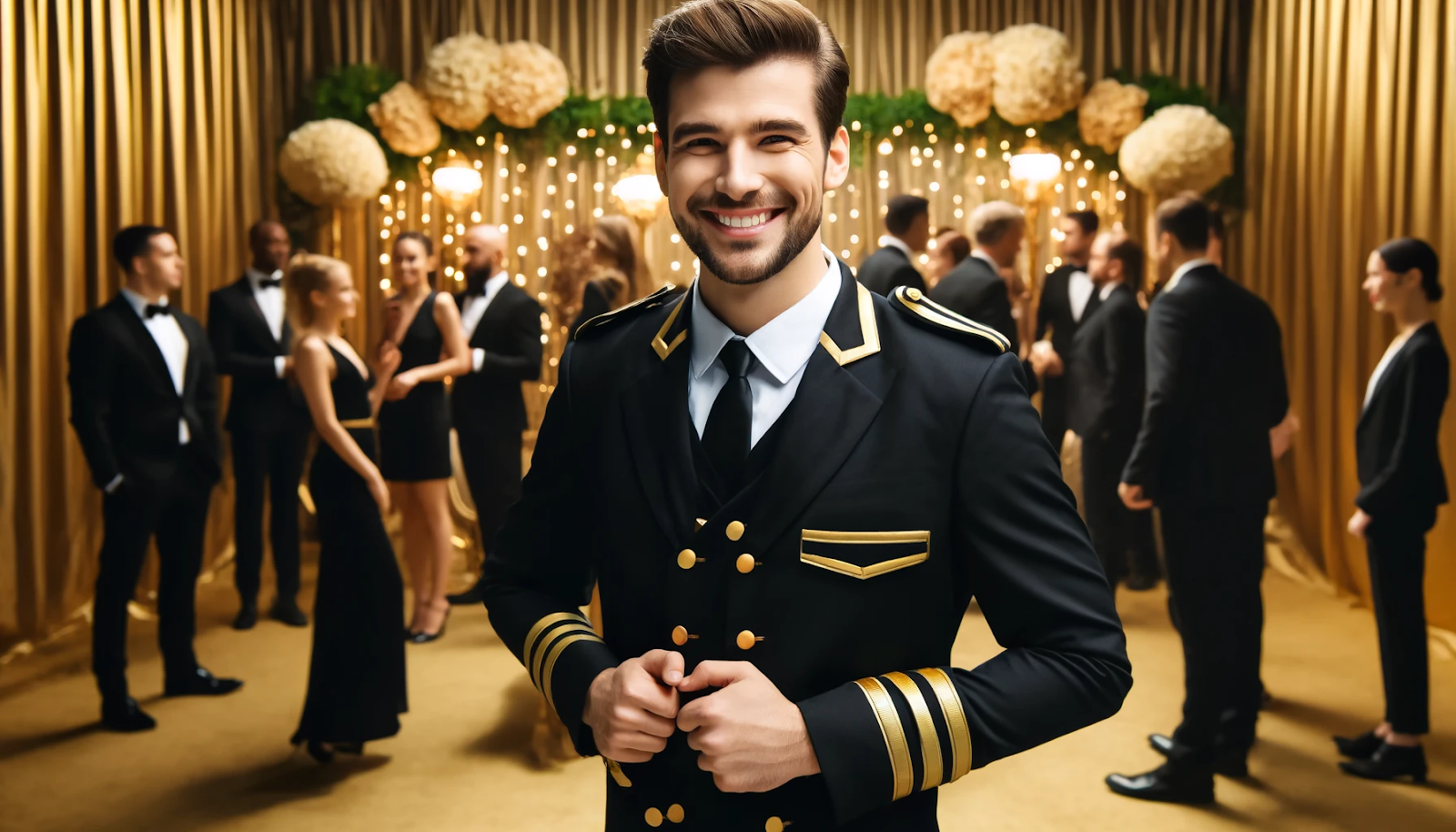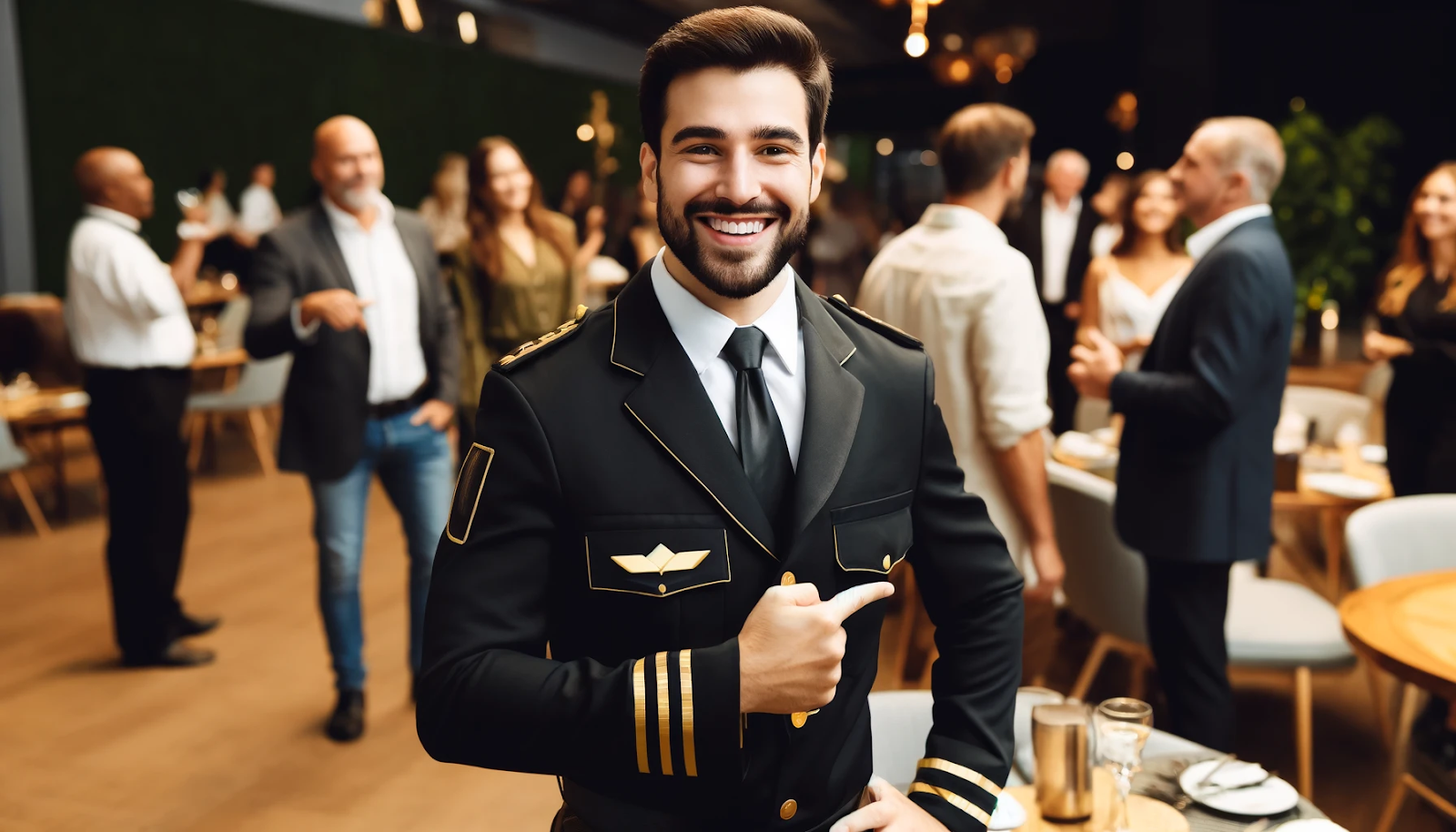When managing events where alcohol is served, balancing guest enjoyment and security is essential. Responsible alcohol management can minimize security risks and ensure an incident-free experience. Here are strategies to manage alcohol consumption and keep your event safe.
Pre-Event Preparation
- License Compliance: Secure the appropriate alcohol licenses and permits. Ensure all staff are aware of local liquor laws and consequences for non-compliance.
- Staff Training: Train bartenders and security staff on identifying intoxicated guests and handling difficult situations calmly and effectively.
- Event Design: Arrange the layout to minimize security risks. Designated drinking areas and visible security presence can discourage overconsumption and rowdiness.
On-Site Measures
- Clear Policies: Set and communicate clear alcohol policies, such as maximum drink limits and designated closing times.
- Entry Management: Implement strict entry controls to prevent underage drinking, including verifying IDs and using wristbands or stamps for legal-age guests.
- Controlled Service: Limit the amount of alcohol served per person, enforce timeouts, and refuse service to visibly intoxicated individuals.
Guest Monitoring
- Security Teams: Deploy enough security personnel to handle the event size—position staff strategically for proactive crowd monitoring.
- Guest Engagement: Encourage security staff to maintain a friendly but watchful demeanor when interacting with guests, allowing them to spot early signs of potential trouble.
- Medical Support: Have medical staff or first aid stations ready to assist intoxicated guests.
Intervention and Escalation
- Ejection Protocols: Develop protocols for safely removing disruptive individuals, ensuring their departure is handled discreetly and with minimal disturbance.
- De-Escalation: Teach staff to use de-escalation tactics to diffuse potential conflicts without force.
Post-Event Evaluation
- Incident Review: Hold debrief meetings to discuss incidents and identify areas for improvement.
- Feedback Collection: Survey attendees and staff for suggestions on refining future alcohol management strategies.
FAQs
- Q: How many security personnel are needed for an event with alcohol?
- A: The ratio will depend on the event size and expected attendance. Generally, one guard per 50-100 guests is recommended.
- Q: What’s the best way to refuse alcohol to an intoxicated guest?
- A: Be polite but firm, explaining that serving them further would be unsafe. Offer water or a non-alcoholic beverage instead.
- Q: Are there alternatives to ejection when dealing with disruptive guests?
- A: Yes, using de-escalation techniques or providing a cool-down area can help diffuse situations without ejecting guests.
.png)
.png)
.png)

.png)
.png)




.png)
.png)
.png)
.png)
